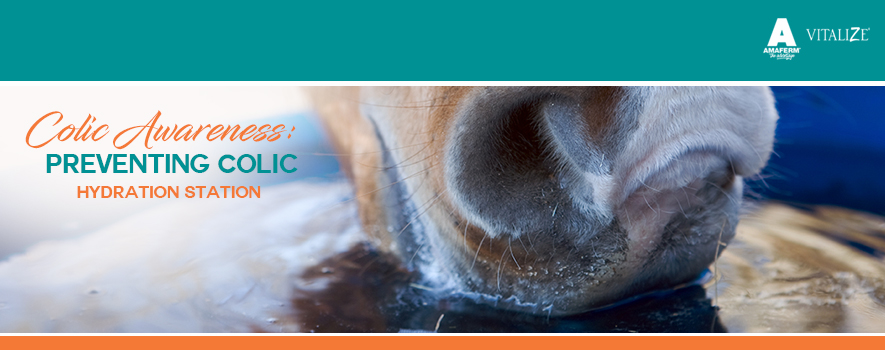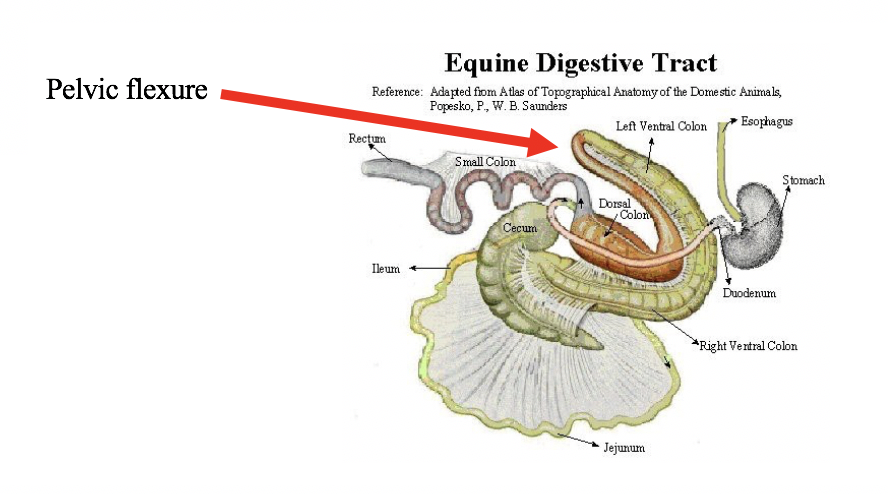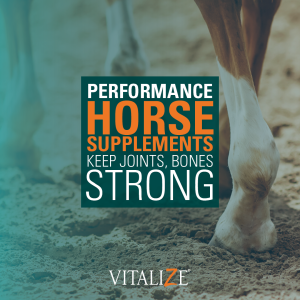
So far during this month of August, we have discussed how forage, consistency, and turnout can help prevent your horse from incidences of colic. Today’s colic tip is one we may take for granted!
Hydration Station
Like all athletes, it is important to keep our equine friends hydrated at all times. Horses require 8-10 gallons of water per day, which can increase with summer heat, added exercise, and more traveling. The reason hydration is so vital to digestive health in the horse is because of the horse’s digestive anatomy. An area called the “pelvic flexure” is of special importance. It is a section of the large colon which doubles-back on itself. This fold can make it difficult for the horse to pass manure because of the sharp angle and can often lead to impactions in the gut when a horse gets dehydrated. Although this occurs more frequently in the winter, it is still important to keep your horse hydrated in the summer to reduce this risk.


You can lead a horse to water, but you can’t make it drink, right? Well, that may be true, but there are some helpful hints that can get the job done. It is crucial to provide free-choice salt blocks at all times, since it is a necessary mineral for the horse and also helps with hydration. You can also top dress any meals with salt or administer electrolytes in the days before traveling to a show to encourage drinking.
While on the road, it is important to make frequent stops to check in and offer water, especially when traveling a long distance. If hauling during the night is an option, always take that route since it will be much cooler and comfortable in the summer!
Tune in next week for another colic prevention tip to keep your horse at its best!

